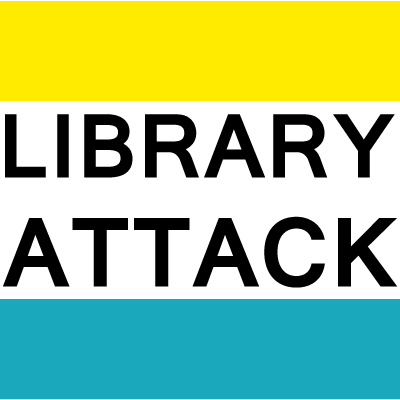
flickr photo shared by János Balázs under a Creative Commons ( BY-SA ) license
During this week in 1961 construction on the Berlin Wall began. It was of the most famous walls in history, though know the construction boom in Berlin is helping its scar fade. (The wall interrupted filming of Billy Wilder’s One Two Three, which took place in Berlin at the time. It flopped because critics felt it was too soon to mock BDR/DDR relations in the aftermath of the wall, though it’s now something of a cult favourite in Germany. It’s probably my favourite Wilder film.)
I use this strained metaphor to talk about one of my favourite soapboxes – walled gardens of proprietary platforms. The more we (libraries, organizations, people) opt for licensing software and content rather than purchasing, the more we’re at the mercy of vendors and their ecosystems. It’s a cost of doing business.
This issue was a topic of discussion at a recent training I went to about EBSCO’s discovery service (EDS), which we’re rolling out on Monday. The pair in charge of implementation reminded everybody that not everything will be in EDS most notably stuff from ProQuest. Integrating different platforms from different vendors into a discovery layer has been a competition issue for a while, so I assumed many of my colleagues knew that EBSCO and ProQuest (who have their own discovery service) didn’t play well together. It was a not so friendly reminder for those who aren’t entrenched in digital licensing that vendors do things like this. It was also a good reminder that we license the content, we don’t own it.
“But they won’t even share the metadata?”
No, they won’t necessarily share the metadata. It’s valuable and they know it! Some publishers value sharing their metadata to make their content easily found, but then they catch you when you try to access a paper. For others, like EBSCO and ProQuest, their business is the service of aggregation and access so the incentive to share isn’t as great. Why help the competition? So they have their walled gardens, and we have to know when to move from one to another. In a way it’s job security?
But this is something we should all be familiar with. Often the platform dictates the content. I was an early subscriber to MOG because I liked their library more than other options (it’s also why I never used Pandora much), and it’s one of the big concerns about Tidal. This is also why Netflix and Hulu are getting into original content – because then we’re stuck subscribing to their services. The biggest example of course is Apple. They are nothing but a giant, walled ecosystem.
So what’s the point? This is pretty normal now and you should probably assume unless you physically (or digitally) store it yourself, you don’t actually own it. If you’re licensing it, you’re playing in a company’s walled garden which may or may not have gates to connect you to other gardens.

Leave a Reply